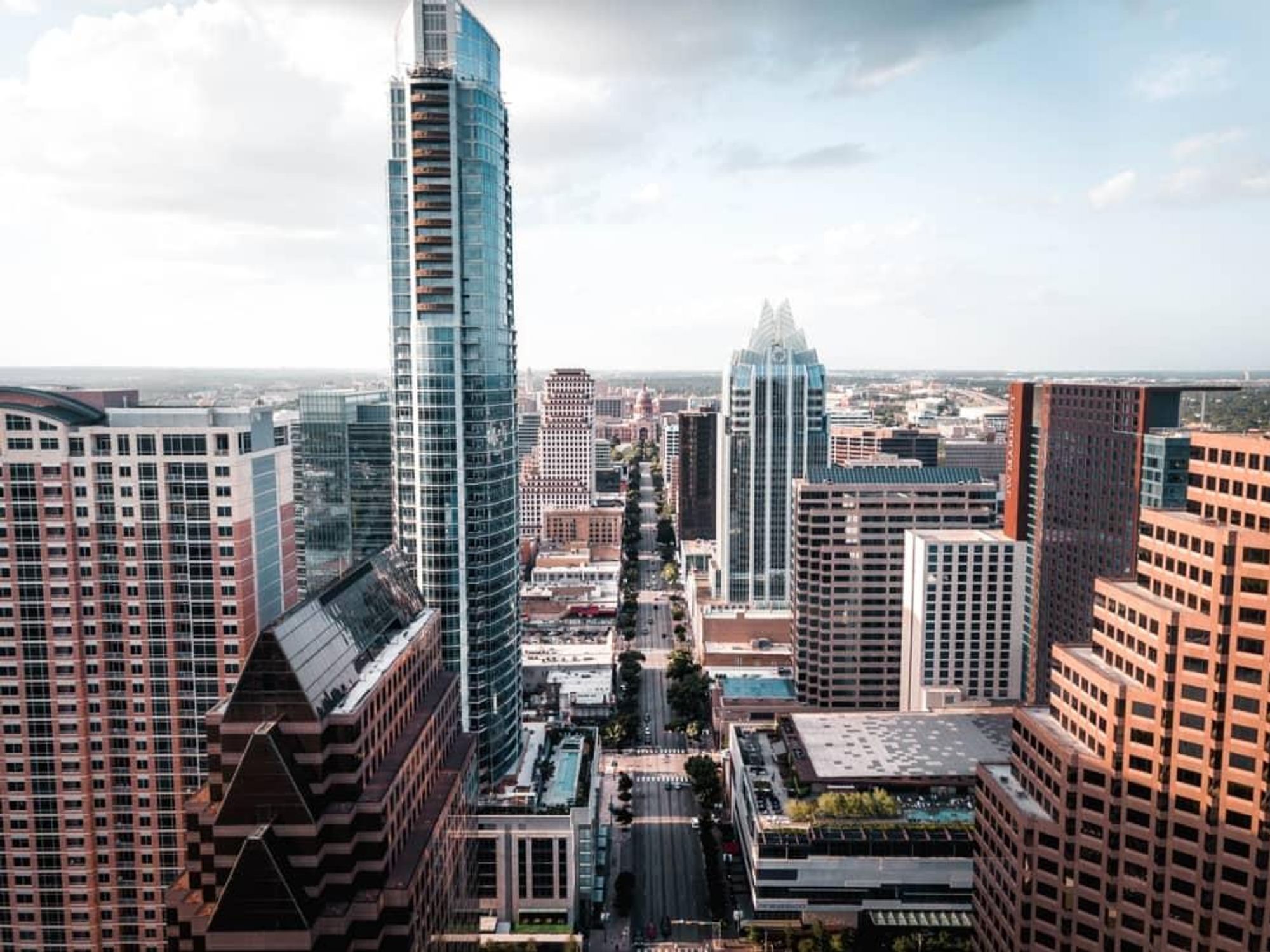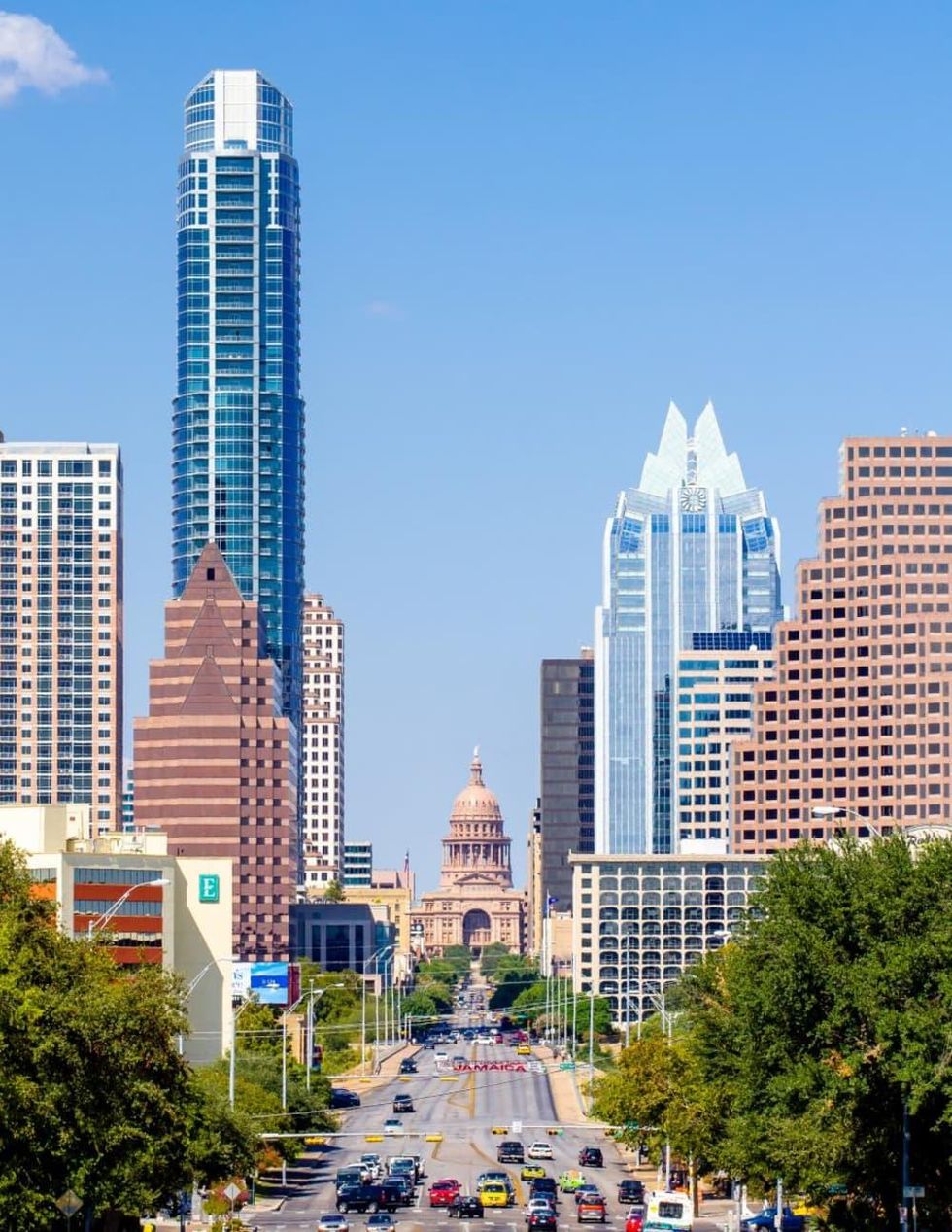Movin’ on up
Austin's tech reputation could heat up following COVID-19 pandemic

Austin remains at No. 6 in an annual report gauging the ability of 50 North American markets to attract and retain tech talent. But if one expert’s prediction comes true, Austin could move up in next year’s ranking thanks to an explosion of remote work during the COVID-19 pandemic.
In other words, Austin’s Silicon Hills might encroach even more on Silicon Valley’s turf.
In this year’s Scoring Tech Talent Report from commercial real estate services company CBRE, Austin sits behind the San Francisco Bay Area (which includes Silicon Valley) at No. 1, followed by Washington, D.C., at No. 2; Seattle at No. 3; Toronto at No. 4; and New York City at No. 5.
To come up with the ranking, CBRE examined 13 metrics, including the supply, growth, and cost of tech talent; the outlook for job growth in the tech industry; and the forecast for rent growth in the apartment and office sectors.
According to Erin Morales, senior vice president of CBRE, Austin is well positioned for growth as a tech hub. Does that mean Austin could become an even bigger challenger to the San Francisco Bay Area?
“With a strong, continually growing tech-talent labor force and an overall lower cost of living and doing business, I think Austin could end up being a beneficiary market in the recovery of the pandemic as many tech users look to move out of more densely populated areas like New York City or San Francisco,” Morales says in a July 15 release.
“We know that a large number of tech firms are allowing their employees to work remotely for now,” Morales adds. “Having an office in Austin allows tech firms to still have a central hub in a very desirable market with access to high-quality talent along with the live-work-play lifestyle that helps with recruitment and retainment.”
A recent example of this trend: CBRE brokered a deal for software company FileTrail Inc. to move its headquarters from San Jose, California, to Austin. FileTrail’s relocation is but one indicator that Austin — already home to tech giants like Apple, Facebook, and Google — is poised to become the “next Silicon Valley,” as tech workers and employers seek a lower-cost place to settle.
Here are some of the highlights on CBRE’s report card:
- Austin boasts the seventh largest pool of tech talent in the U.S., with 76,270 tech workers making up 7.1 percent of the area’s workforce. The national average is less than 4 percent.
- Overall operating costs for companies in Austin remain relatively low. The city ranks 16th in the U.S. for estimated one-year operating costs faced by by a tech company.
- The quality of Austin’s tech workforce is considered high, yet overall labor costs are well below a number of other markets, such as Seattle and Washington, D.C.
- Austin has the fifth highest concentration of millennials, accounting for 29.6 percent of the area’s population.
- Austin offers a relatively low cost of living for tech workers, with average apartment rent amounting to 16.5 percent of the average tech wage. By comparison, the same figure is 43.9 percent in the San Francisco Bay Area and 25.4 percent in New York City.
- Austin ranks as one of the top markets for the share of people over age 25 with at least a bachelor’s degree, at 54.1 percent. The national average is 32.6 percent.
“We expect that most tech-talent markets and professions will thrive after the pandemic subsides, and many that facilitate remote work and tech services such as e-commerce, social media, and streaming services may have even greater growth opportunities accelerated by the COVID-19 disruption,” says Colin Yasukochi, executive director of CBRE’s Tech Insights Center. “Markets that have strong innovation infrastructure — leading universities and high concentrations of tech jobs — will lead the next growth cycle.”
Dallas-Fort Worth, the other Texas market in the top 20, ranks fifth for the sheer number of tech workers (179,570), with the San Francisco Bay Area holding the No. 1 spot (379,670). It also ranks sixth for millennial population growth among large tech markets (19.2 percent) from 2014 to 2018, and eighth for the number of tech degrees completed in 2018 (6,840).
After Austin comes Denver at No. 7, Boston at No. 8, Atlanta at No. 9, and Raleigh-Durham at No. 10. Elsewhere in Texas, Dallas-Fort Worth ranks 13th, Houston ranks 36th, and San Antonio ranks 47th.
